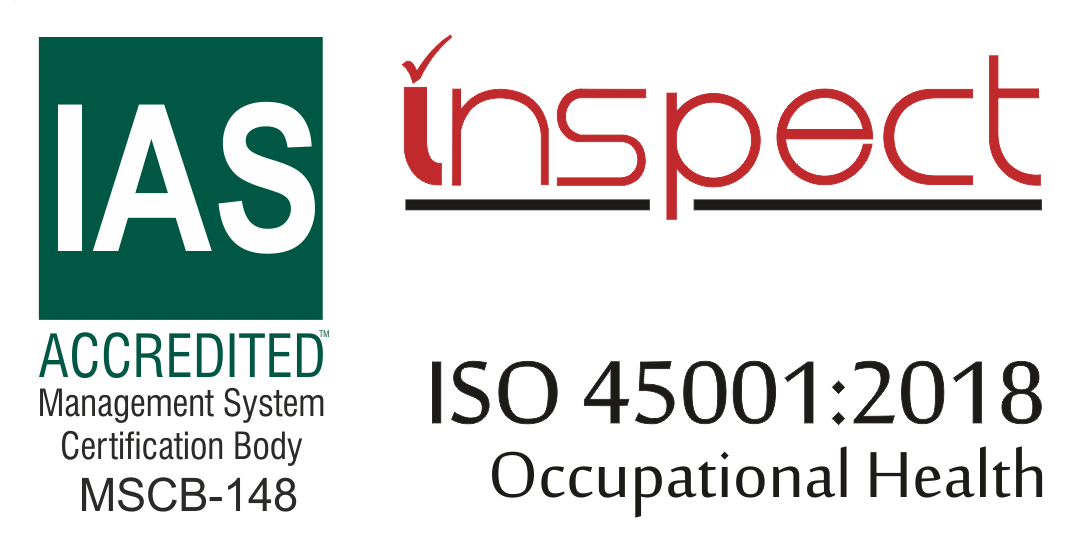On 28 February, 2020, the head of the Northern Department of Rosprirodnadzor (the Federal Service for Supervision of Natural Resources) made a reconnaissance visit to Arkhangelsk PPM JSC.
The head of the Regional Department of Rosprirodnadzor conducted negotiations with the mill’s CEO Dmitriy Zyliov who rated high the cooperation with the Department, its publicity, competence of the experts and objectivity in assessing the results of the mill’s activities.
According to APPM's CEO, the service participated actively in the work related to the exclusion of the mill from the list of hot spots in the Barents Euro-Arctic Region. Consequently, Arkhangelsk PPM is now a completely green spot on the map of Russia.
"Our side would also like to express gratitude to Rosprirodnadzor for the joint project "Ekolyata - Young Conservationists" which was launched on the initiative of the Department," Dmitriy Zyliov noted in the interview with Alexander Gornikh.
Arkhangelsk PPM's CEO said that the costs associated with the environmental actions, implementation of the best available technologies at the mill over the past 10 years amounted to 14 billion rubles, including 2.9 billion rubles in 2019.
Last year, Arkhangelsk PPM continued to participate in the international project on the disclosure of data on greenhouse gas emissions – the Carbon Disclosure Project (CDP). Based on the results of the 2018 reporting period, APPM was given the highest A-rating among the Russian companies.
As a result of the implementation of the environmental and resource-saving actions at Arkhangelsk PPM, withdrawal (abstraction) of water resources from the water body has decreased by 17% (amounted to 126.8 million m3 in 2019), pollutants discharge into the water body – by 25% (9.2 thousand tons in 2019), pollutant emissions into the atmosphere – by 35% (29.4 thousand tons in 2019), waste disposal in the landfills – by 84% (22 thousand tons in 2019).
After the meeting with APPM's CEO, Alexander Gornikh visited the site of the mill's new evaporation station where the final start-up activities are in progress.
At the facility, the head of the Northern Department of Rosprirodnadzor familiarized himself with the latest equipment and technologies.
The specialists of Arkhangelsk PPM told Alexander Gornikh about the expected environmental effect of the new evaporation station that will eliminate sulfur-containing emissions to the atmosphere, characterized by the unpleasant odor produced by the mill's cardboard plant, about the predicted decrease in water consumption and pollutant discharges to the treatment plants, and thus to the water body.




